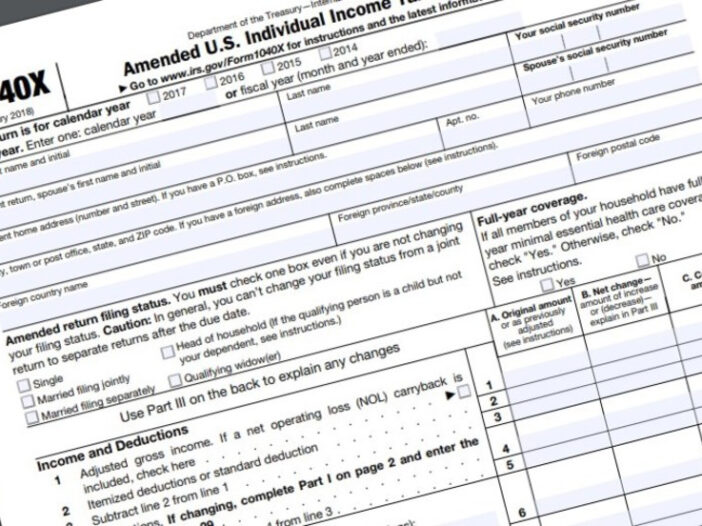
Due to the lapse in appropriations that began midnight December 22, 2018, the federal government is in its fifth week of a partial shutdown, which includes much of the Internal Revenue Service (IRS). Indeed, although the IRS is working with a skeleton staff of excepted employees, most employees are not working during the shutdown. While we expect the IRS to be handling some matters and investigations, there are many more visible functions that are generally suspended during the closure.
Telephone service: Live customer service lines are not currently operating, though some automated applications are still in service. The IRS has announced that it will add staff to answer some phone lines as the filing season accelerates, but they advise taxpayers to anticipate long wait times.
Exam and appeals: IRS exam and appeals staff appear to be furloughed during the shutdown. However, the agency continues to generate some initial, automated notices to taxpayers. For those taxpayers with active examinations or appeals, while communication can be made in writing, it is likely that most exam and appeals staff will not be reachable until after the closure.
Return and remittance processing: First, taxpayers should keep in mind that due dates have not changed as a result of the shutdown. While taxpayers are free to send in paper returns with paper checks, the IRS is processing mail to a very limited degree at this time. Returns cannot be e-filed until the annual tax filing season officially reopens, which is scheduled for January 28, 2019 for individual taxpayers. The IRS encourages taxpayers to file electronically once their systems open. Electronic payments appear to be operating, and the IRS has announced that it will pay refunds. Finally, as is always the case this time of year, the IRS is going through one of its “dead cycles,” during which the posting of some account transactions will be delayed.
Taxpayers should be aware that in-person service with the IRS is unavailable at this time, taxpayer appointments should be assumed cancelled, certain applications will not be processed, and paper correspondence will remain limited with lengthy waiting periods until the agency returns to full staffing.
Additional information can be found at irs.gov.




